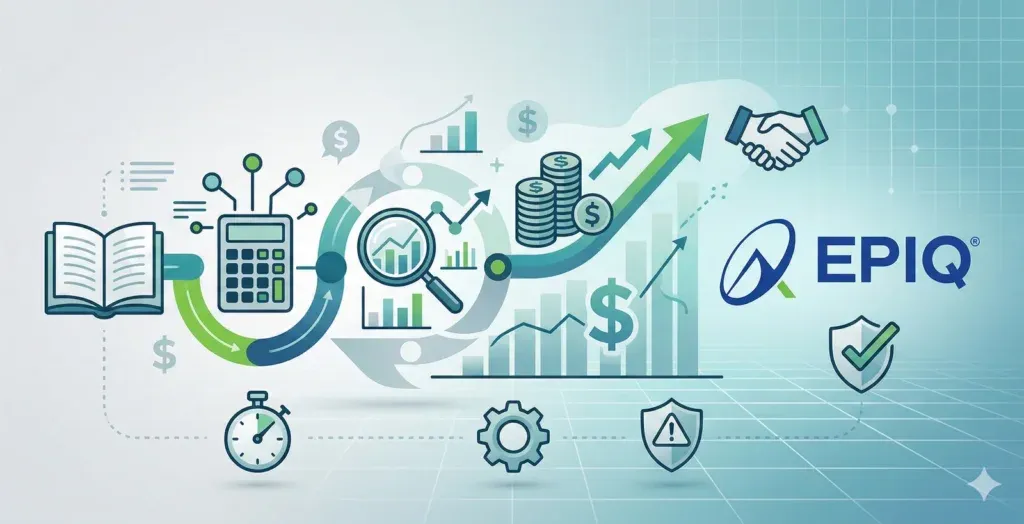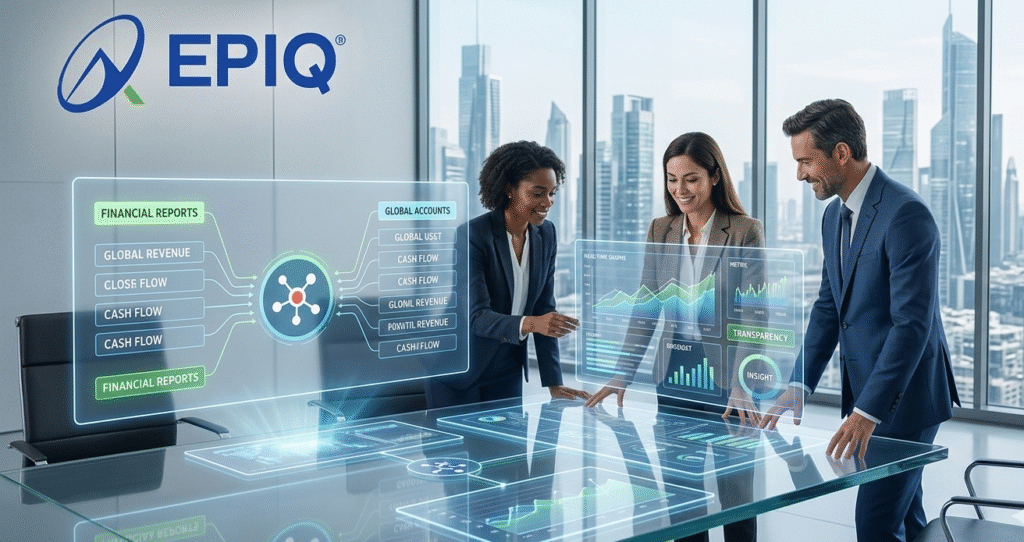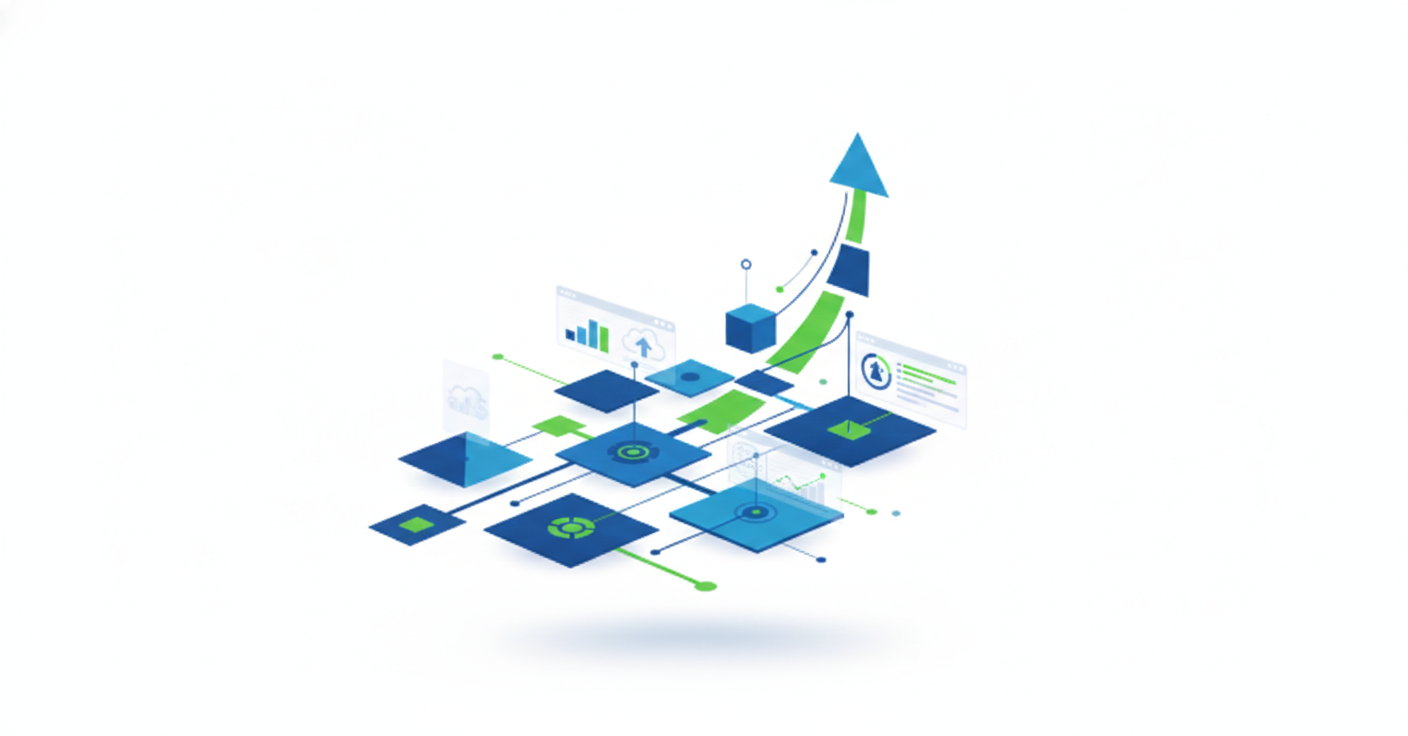Deciding between desktop and cloud accounting software is a crucial decision for businesses aiming for efficiency and growth
In today’s fast-paced business world, choosing the right accounting software is a pivotal decision for companies focused on efficiency and expansion. The present business milieu, characterized by its relentless pace and ever-expanding horizons, accentuates the significance of this choice. At the heart of this deliberation lies the compelling debate between cloud-based and desktop accounting solutions, both wielding a spectrum of distinct capabilities and advantages.
This debate has surged in relevance, transcending a mere technological preference to become a strategic pivot point for businesses charting their trajectory toward success. The imperative of this decision extends beyond mere functionality; it embodies the essence of adaptability, accessibility, and future-proofing strategies.
The onus rests on comprehending these nuances, as discerning these differences stands pivotal in crafting a judicious path aligned intricately with the specific objectives and aspirations of each unique business entity.
In this era defined by unprecedented digital transformation, the dichotomy between cloud-based and desktop accounting solutions stands starkly delineated, each offering a bespoke array of features designed to cater to diverse business needs.
Today’s companies, driven by the relentless pursuit of efficiency and expansion, face a multifaceted challenge in discerning which avenue aligns best with their operational ethos and future aspirations. The salient features of these divergent approaches underscore the gravity of this choice, with cloud-based systems heralding flexibility, real-time accessibility, and collaborative prowess while desktop solutions boast comprehensive functionalities and an assurance of on-premise control.

Understanding Accounting Software: A Brief Overview
Accounting software is a specialized tool designed to manage financial transactions, record-keeping, and reporting in businesses. It automates routine tasks, improves accuracy, and provides critical financial insights, enabling businesses to make informed decisions.
- Distinguishing Cloud Accounting from Traditional Desktop Solutions
The primary difference between cloud and desktop accounting software lies in their infrastructure and accessibility. Cloud accounting is hosted on remote servers and accessible via the internet, offering greater flexibility and mobility. Desktop accounting, on the other hand, is installed on individual computers, providing robust functionality but with limited access.
- Exploring the Realm of Cloud Accounting Software
Cloud accounting software is known for its scalability, real-time data access, and collaborative features. It’s an ideal choice for businesses that value accessibility and continuous updates without the need for physical software installation.
- Delving into Desktop Accounting Software
Desktop accounting software is typically more comprehensive, offering a range of features without relying on internet connectivity. It’s a solid choice for businesses that prioritize data control and have complex accounting needs that can be managed in-house.
- Unveiling the Advantages of Cloud Accounting
Cloud accounting boasts numerous benefits, including enhanced collaboration, real-time financial oversight, and reduced IT overhead. It’s particularly advantageous for businesses with remote teams or those requiring frequent financial updates.
- Why Businesses are Leaning Towards Cloud Software
The shift towards cloud software is driven by its automation capabilities, agility, and the ability to access financial data anytime, anywhere. This makes it a compelling option for businesses looking to streamline operations and stay agile in a dynamic market.
In navigating this dichotomy, a thoughtful and meticulous evaluation of these considerations becomes imperative. Understanding the intricacies of your business operations, growth projections, and the critical role of financial management aligns with selecting an accounting solution that harmonizes with your trajectory.
- Emphasizing Automation and Agility in Cloud Accounting
Cloud accounting software excels in automating routine tasks, reducing manual errors, and providing timely financial insights. This agility enables businesses to adapt quickly to market changes and make strategic decisions.
- The Convenience of Anytime Accessibility with Cloud Software
One of the most significant advantages of cloud accounting is its accessibility. Users can access financial data from anywhere, at any time, using any internet-enabled device, which is crucial for modern, dynamic business environments.
- Discovering How NetSuite Cloud Accounting Enhances Business Operations
NetSuite Cloud Accounting stands out as a comprehensive solution offering robust financial management tools, scalability, and integration capabilities. It’s designed to streamline accounting processes, provide real-time insights, and support growth-oriented strategies.
Making the Right Choice for Your Business
The decision-making process surrounding the choice between cloud-based and desktop accounting software stands as a pivotal point for businesses. Your selection hinges on numerous factors, notably tailored to your business's unique needs, scale, and aspirations. The dynamic advantages of cloud accounting, exemplified by its inherent flexibility and seamless access to real-time data, present an enticing proposition for modern enterprises. Conversely, desktop solutions shine with their comprehensive feature sets and the assurance of on-premise control, catering to businesses valuing security and specific functionality.
Small to medium-sized enterprises seeking nimbleness and adaptability often find cloud accounting to be an ideal fit, enabling swift scalability and collaborative functionalities. Conversely, larger entities or those with intricate operational needs might lean towards desktop solutions, appreciating the depth of features and the ability to maintain control within their premises.
Moreover, the long-term goals of your business significantly influence this choice. The scalability, accessibility, and potential cost-effectiveness inherent in cloud solutions can seamlessly accommodate expansion plans and evolving requirements. Contrastingly, the robust capabilities and nuanced control provided by desktop accounting software might resonate more strongly with businesses seeking stability and stringent customization options. This informed choice will serve as the cornerstone for streamlined financial management, bolstering your business's resilience and propelling it towards sustained success.







